Home>Garden Essentials>How Long Does Garlic Chives Take To Germinate
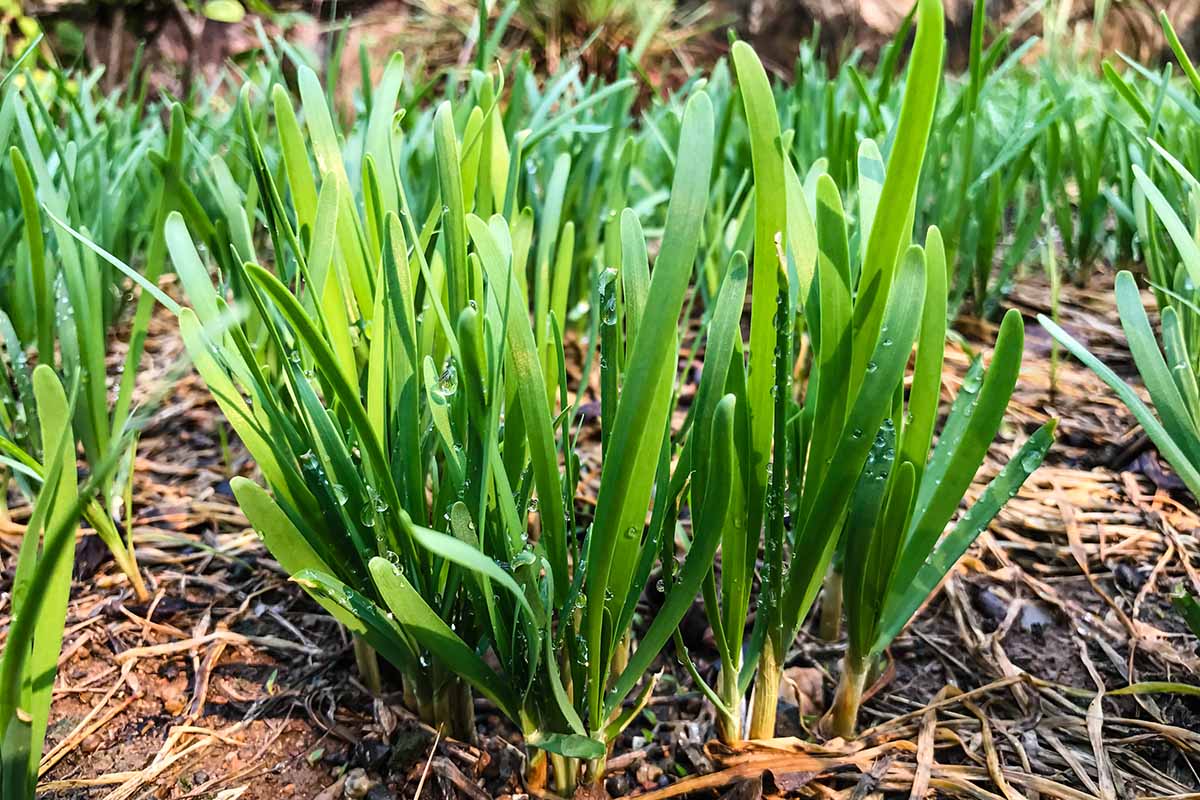

Garden Essentials
How Long Does Garlic Chives Take To Germinate
Modified: August 17, 2024
Discover how long it takes for garlic chives to germinate in your garden and enjoy a successful growing season with these expert tips.
(Many of the links in this article redirect to a specific reviewed product. Your purchase of these products through affiliate links helps to generate commission for Storables.com, at no extra cost. Learn more)
Introduction
Welcome to the wonderful world of gardening! If you are a gardening enthusiast or just a beginner looking to embrace your green thumb, understanding the germination process of different plants is a crucial step. Garlic chives, also known as Chinese chives or Allium tuberosum, are a popular culinary herb and a delightful addition to any garden or kitchen. These flavorful herbs not only add a distinctive taste to your dishes but also have numerous health benefits.
In this article, we will delve into the fascinating journey of garlic chives from seed to sprout. We will explore the factors that influence the germination process and provide you with valuable tips to ensure successful germination. So, let’s roll up our sleeves and discover how long it takes for garlic chives to germinate!
Key Takeaways:
- Garlic chive seeds take about 7 to 14 days to sprout, but factors like temperature and moisture can affect germination time. Patience and proper care are key to successful growth.
- To help garlic chive seeds sprout, soak them before planting, keep the soil moist but not waterlogged, and provide a warm environment. With patience and attention, you’ll soon see vibrant green seedlings emerge.
Read more: How Long Does It Take Chives To Germinate
Understanding Garlic Chives Germination
The germination of garlic chives refers to the process by which the seeds develop into seedlings. It is a critical stage in the plant’s life cycle, as it sets the foundation for healthy growth and eventual yield. Understanding the germination process will help you anticipate the time it takes for your garlic chive seeds to sprout.
Garlic chive seeds consist of a protective seed coat that surrounds the embryonic plant inside. When the conditions are right, this protective coating softens, allowing water to penetrate and trigger the seed’s germination process. The seed swells and cracks open, enabling the emergence of the radicle (the embryonic root), followed by the growth of cotyledons (the embryonic leaves).
During germination, garlic chive seeds require adequate moisture, oxygen, and the optimal temperature to initiate growth. Exposing the seeds to these favorable conditions encourages the activation of enzymes and metabolic processes that lead to sprouting.
It’s important to note that each plant species has its unique set of germination requirements. While some plants may have straightforward germination processes, others may require specific conditions like stratification (a period of cold treatment) or scarification (breaking down the seed coat).
Now that we have a basic understanding of garlic chives germination, let’s explore the factors that can influence the time it takes for these seeds to sprout.
Factors Affecting Germination Time
Several factors play a role in determining the time it takes for garlic chive seeds to germinate. Understanding these factors will help you create the ideal conditions for successful sprouting. Let’s take a closer look at some of the key factors that can affect germination time:
- Temperature: Temperature has a significant impact on the germination process. Garlic chives prefer a moderate temperature range of around 65 to 75 degrees Fahrenheit (18 to 24 degrees Celsius). Cooler temperatures may slow down germination, while excessively high temperatures can inhibit it.
- Moisture: Adequate moisture is essential for seed germination. During the germination process, the seeds absorb water, which triggers metabolic activities needed for growth. It is important to keep the soil consistently moist but not overly saturated. Maintaining a proper balance of moisture helps prevent the seeds from drying out or becoming waterlogged.
- Light: Garlic chive seeds do not typically require light to germinate. In fact, they often prefer darkness. Therefore, it is not necessary to expose the seeds to direct sunlight during the germination stage. However, once the seedlings emerge and begin to grow, they will benefit from adequate sunlight for their overall development.
- Soil Quality: The quality of the soil also plays a crucial role in germination. Garlic chives prefer well-draining soil that is rich in organic matter. Good soil structure allows air circulation and prevents waterlogging, which can hinder germination. Prior to sowing the seeds, ensure that the soil is properly prepared and free from debris.
- Seed Quality: The quality of the seeds themselves can impact germination time. Fresh seeds tend to have higher germination rates compared to older seeds that may have lower viability. It is advisable to use fresh, high-quality garlic chive seeds for optimal germination results.
By understanding and managing these factors, you can create a favorable environment that promotes efficient germination of your garlic chive seeds. However, it’s important to note that germination time can still vary due to individual seed characteristics and environmental conditions.
Garlic chives typically take 7-14 days to germinate. Keep the soil consistently moist and provide plenty of sunlight for best results.
Average Germination Time for Garlic Chives
The germination time for garlic chives can vary depending on various factors, including environmental conditions and seed quality. On average, it takes about 7 to 14 days for garlic chive seeds to germinate. However, it’s important to remember that this is just an estimate, and germination times can differ from one batch of seeds to another.
Factors such as temperature, moisture, and soil conditions can influence the germination speed. Warmer temperatures within the optimal range of 65 to 75 degrees Fahrenheit (18 to 24 degrees Celsius) can promote faster germination. Adequate moisture content in the soil helps soften the seed coat and initiate the germination process.
It’s worth mentioning that garlic chives are generally considered easy to grow and have a high germination rate. With the right conditions, you can expect a high percentage of your garlic chive seeds to sprout successfully within the estimated time frame. However, it’s always a good idea to be patient and allow enough time for the seeds to germinate fully.
Furthermore, it’s important to monitor and provide consistent care to your germinating plants. Regularly check the moisture levels in the soil, ensuring it remains moist but not overly saturated. Avoid overwatering or allowing the soil to dry out, as this can hinder or delay the germination process.
Remember that germination times can vary, and it’s essential to observe and adjust your care accordingly. Patience and attentiveness are key traits of a successful gardener when it comes to the germination stage of any plant, including garlic chives.
Now that we know the approximate germination time for garlic chives, let’s explore some tips to help you achieve successful germination.
Tips for Successful Germination
To increase your chances of successful germination for garlic chives, consider implementing the following tips:
- Pre-soaking: Soaking garlic chive seeds in room temperature water for a few hours before sowing can help soften the seed coat and kickstart the germination process.
- Proper sowing depth: Plant the garlic chive seeds at the appropriate depth. Aim for a depth of about ¼ to ½ inch (0.6 to 1.3 cm) in the soil. This allows the seeds to establish proper contact with the soil, aiding in successful germination.
- Consistent moisture: Maintain a consistent level of moisture in the soil throughout the germination process. Regularly check the soil moisture and water when necessary. Avoid overwatering, as it can lead to rotting of the seeds or seedlings.
- Warm environment: Provide a warm environment for the seeds by keeping them in a location with optimal temperatures. Consider using a heating mat or placing the seed trays in a warm area to speed up germination.
- Patience: Be patient! Remember that germination takes time and can vary from plant to plant. Avoid disturbing the seeds or the emerging seedlings during the process.
- Thinning seedlings: Once the seedlings have emerged and grown a few inches tall, thin them out if they are overcrowded. This ensures that each plant has enough space and resources to grow strong and healthy.
- Provide adequate light: Once the seedlings have developed their first true leaves, ensure they receive adequate sunlight or artificial light. Place them in a location with bright, indirect light to promote proper growth.
By following these tips, you can create optimal conditions for the germination of your garlic chive seeds. Remember to adjust your care based on the specific needs of your plants and observe them closely for any signs of distress or disease.
It’s important to note that gardening is a learning process, and each gardener may have their unique set of practices and experiences. Don’t be discouraged by minor setbacks, as they can help you learn and refine your gardening techniques.
With a little patience, care, and attention, your garlic chives will soon sprout and grow into vibrant, flavorful herbs that you can enjoy in your culinary creations.
Read more: How Long Does It Take Garlic To Germinate
Conclusion
Growing garlic chives from seed can be a rewarding journey for any gardener. Understanding the germination process and the factors that affect it is crucial for achieving successful sprouting and healthy growth.
In this article, we explored the various aspects of garlic chive germination, including the average germination time, factors that influence germination, and tips for successful sprouting. We learned that temperature, moisture, soil quality, and the quality of the seeds themselves all play vital roles in determining germination time. Additionally, we discovered that maintaining consistent moisture, providing a warm environment, and being patient are key factors for successful germination.
By implementing the tips shared in this article, you can optimize the conditions for garlic chive germination and increase your chances of a successful outcome. Remember to provide adequate moisture, maintain optimal temperatures, sow the seeds at the right depth, and be patient during the germination process.
Gardening is an enjoyable and rewarding hobby that allows us to connect with nature and reap the benefits of our efforts. Whether you plan to use garlic chives in your culinary creations or simply enjoy their beauty in the garden, the journey from seed to sprout is a fascinating experience worth undertaking.
So, grab your gardening tools, prepare your soil, and sow those garlic chive seeds with confidence. With a little love, care, and patience, you’ll soon witness the joyful sight of those vibrant green seedlings emerging from the soil. Happy gardening!
Frequently Asked Questions about How Long Does Garlic Chives Take To Germinate
Was this page helpful?
At Storables.com, we guarantee accurate and reliable information. Our content, validated by Expert Board Contributors, is crafted following stringent Editorial Policies. We're committed to providing you with well-researched, expert-backed insights for all your informational needs.
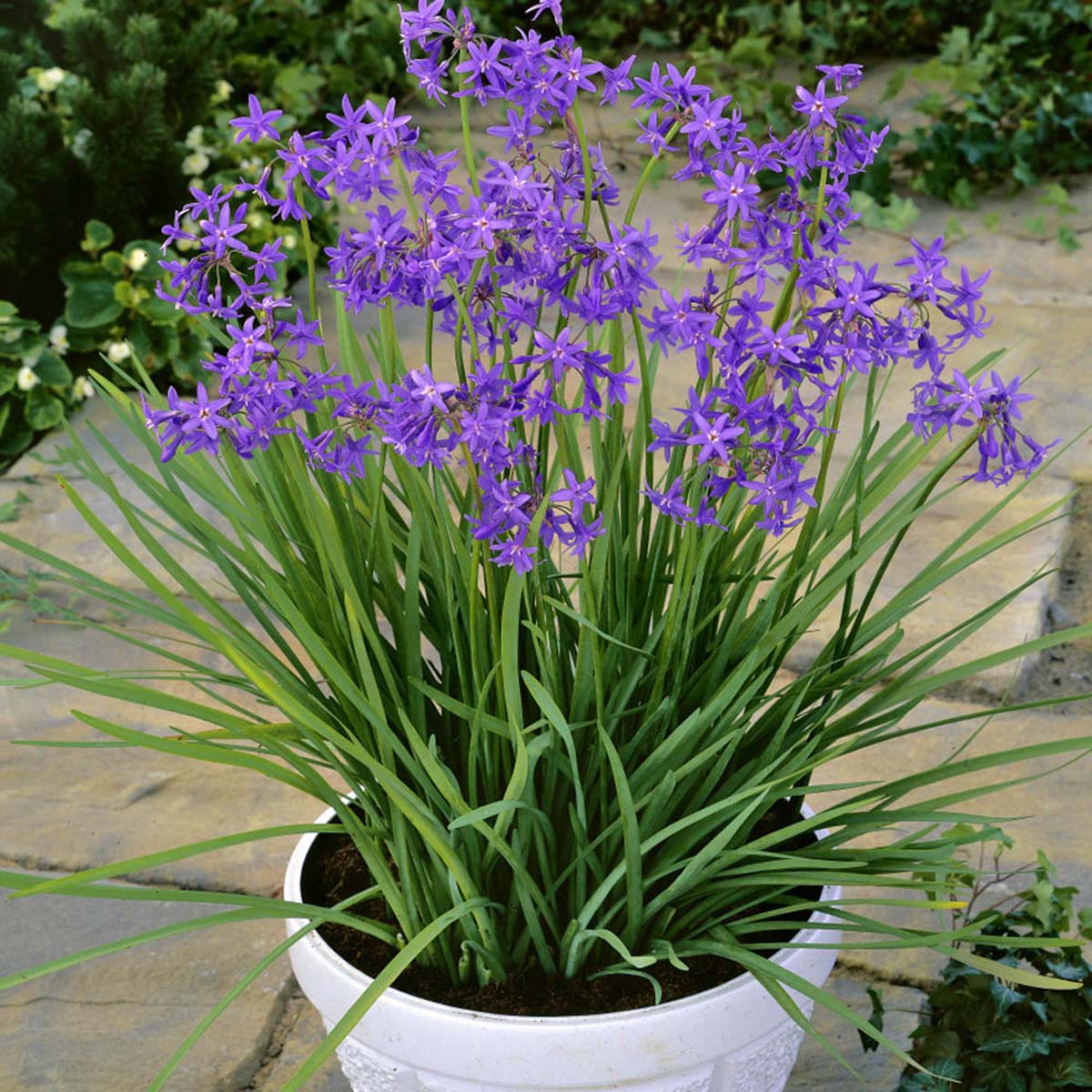
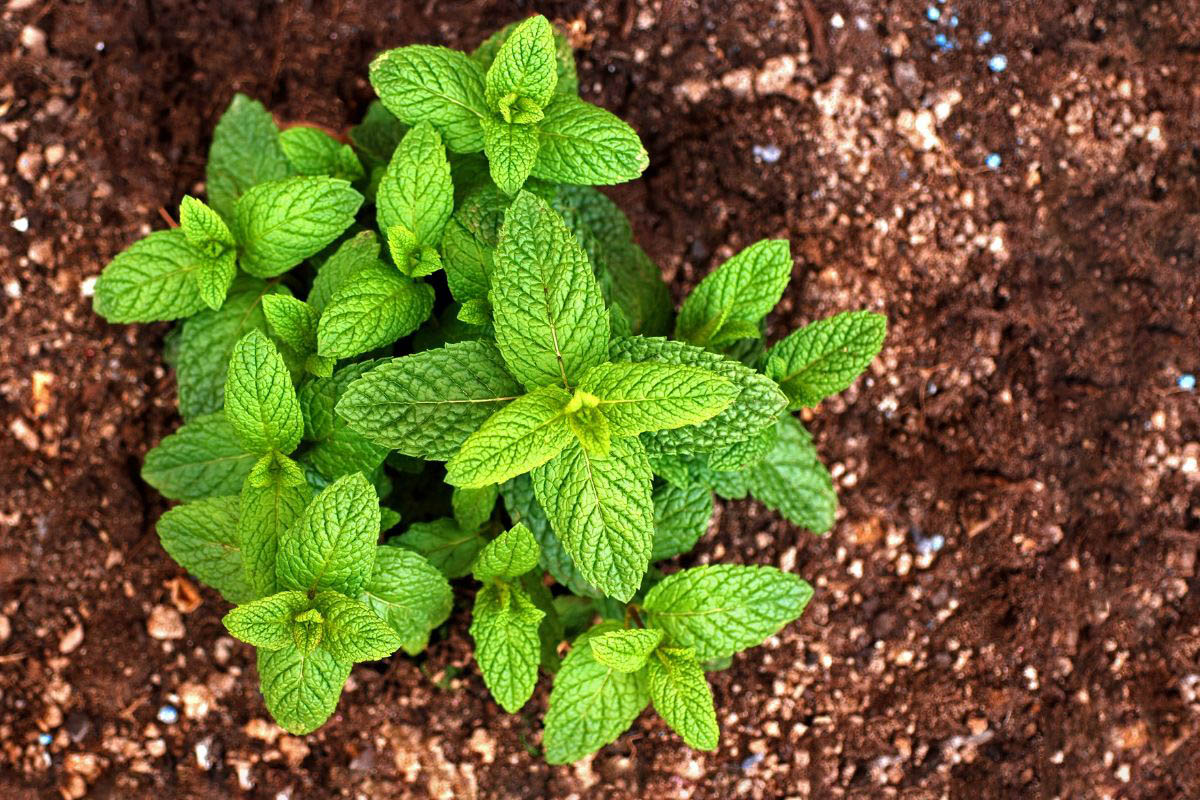
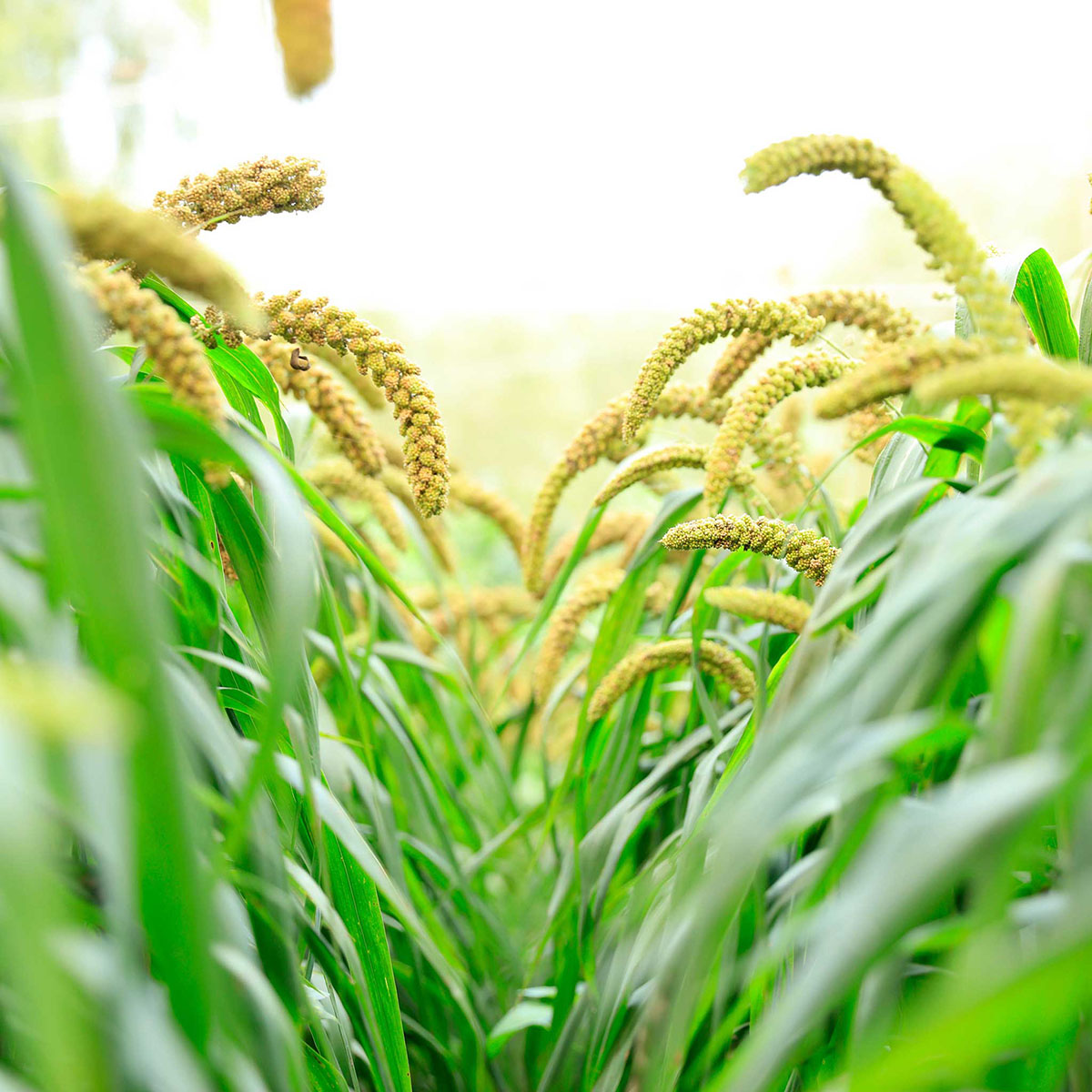
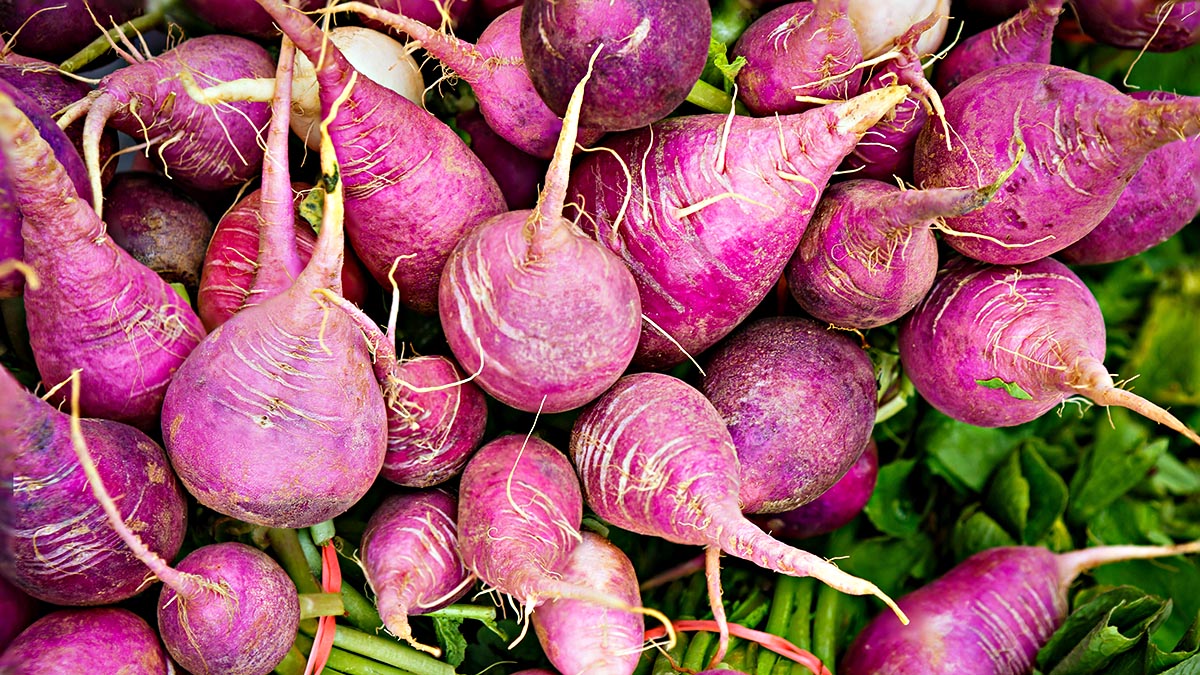

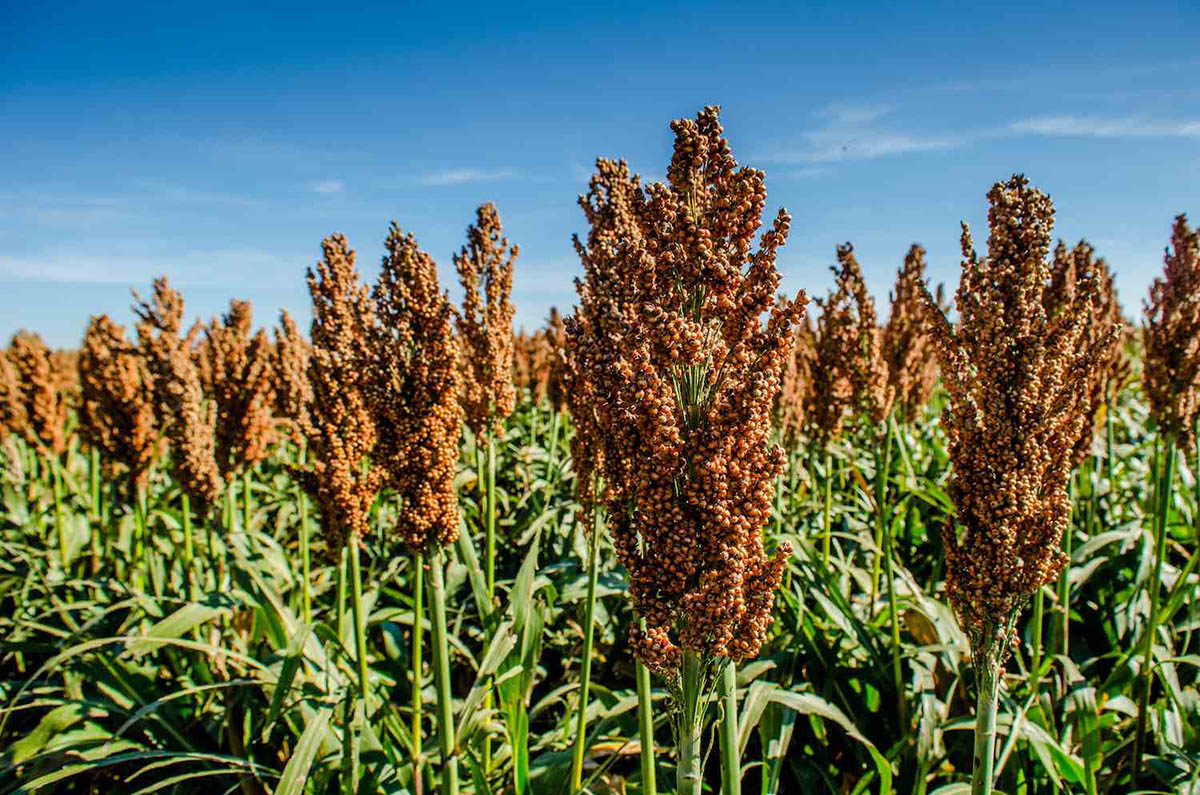
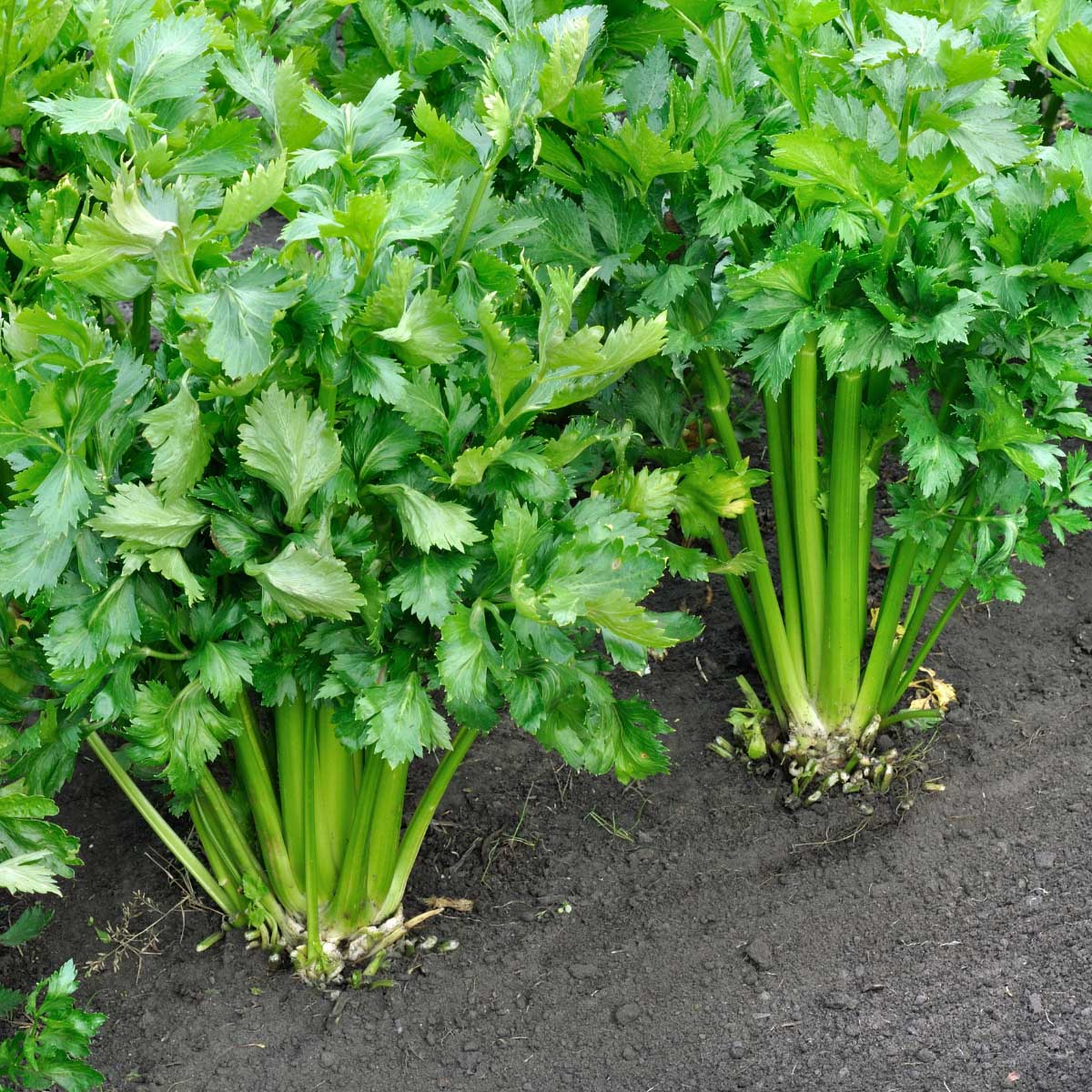

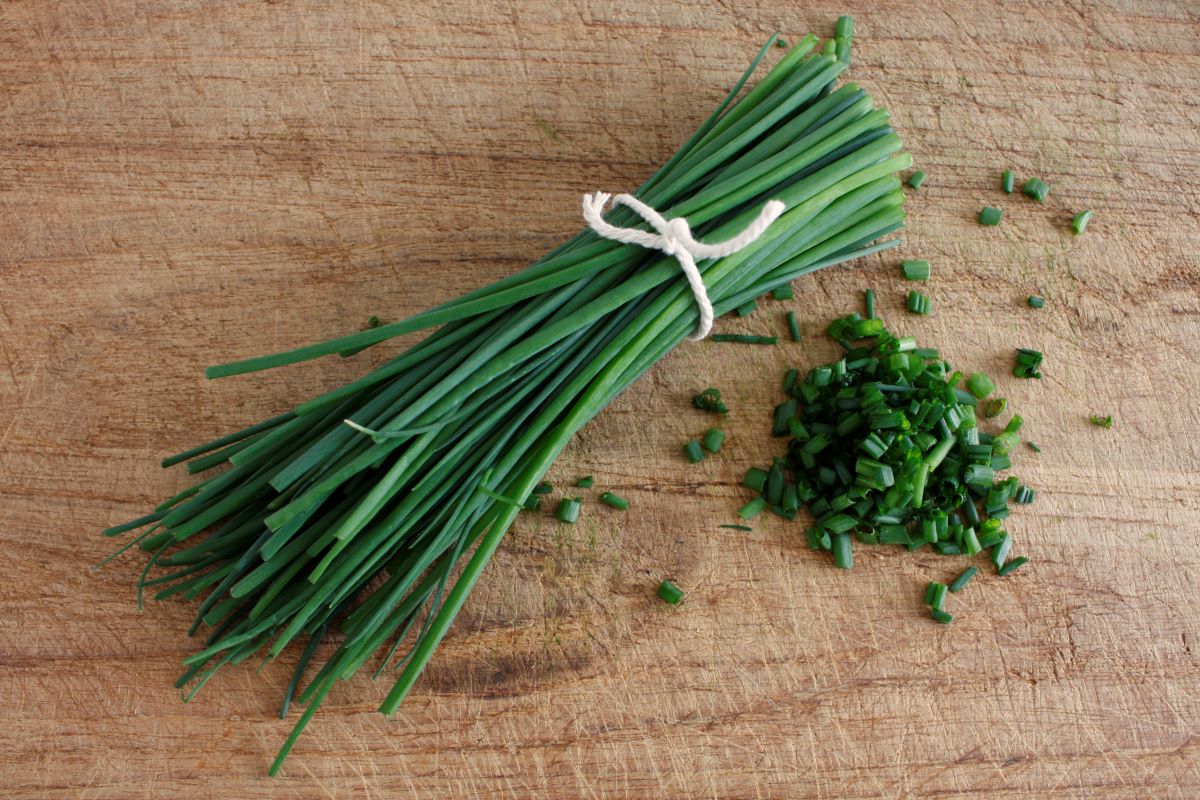
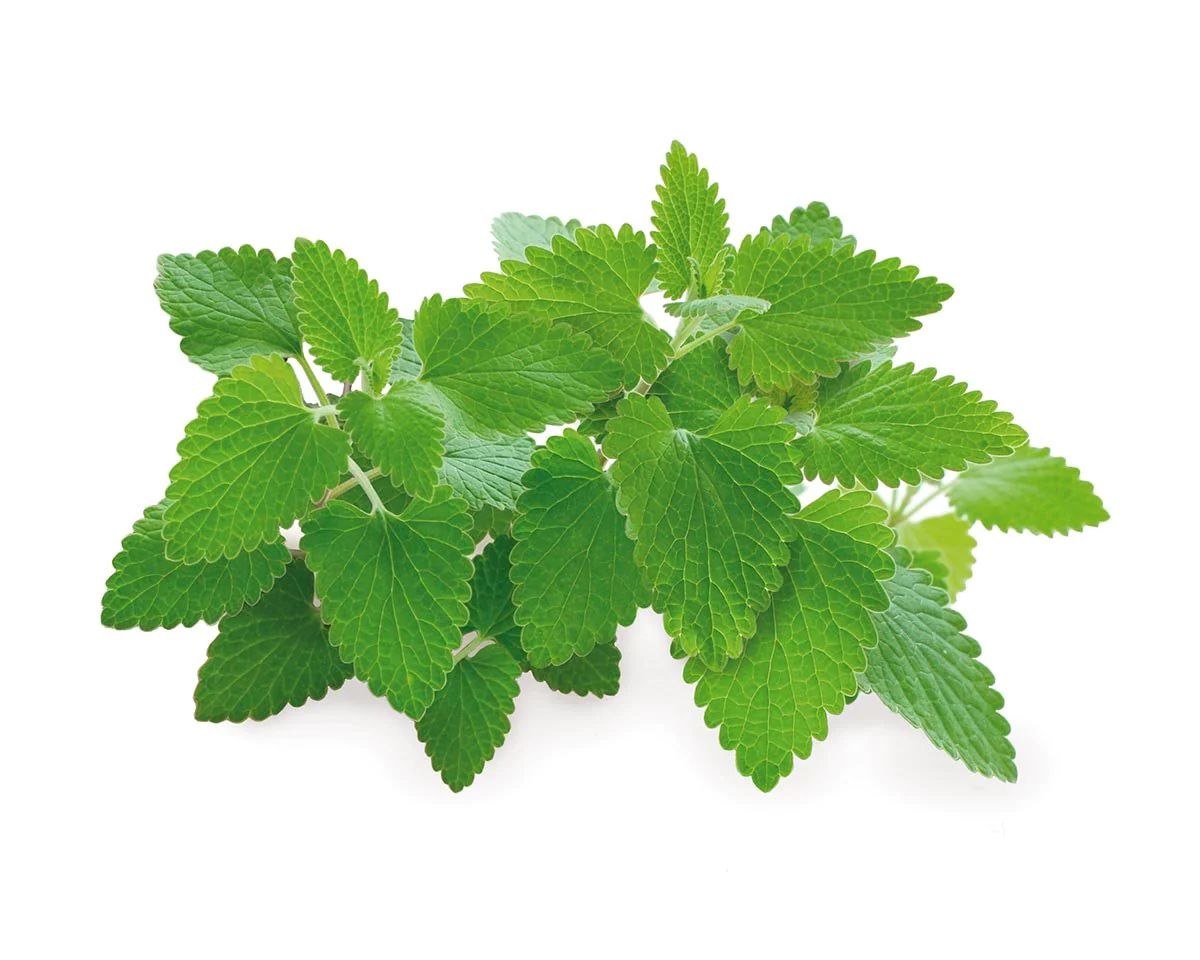
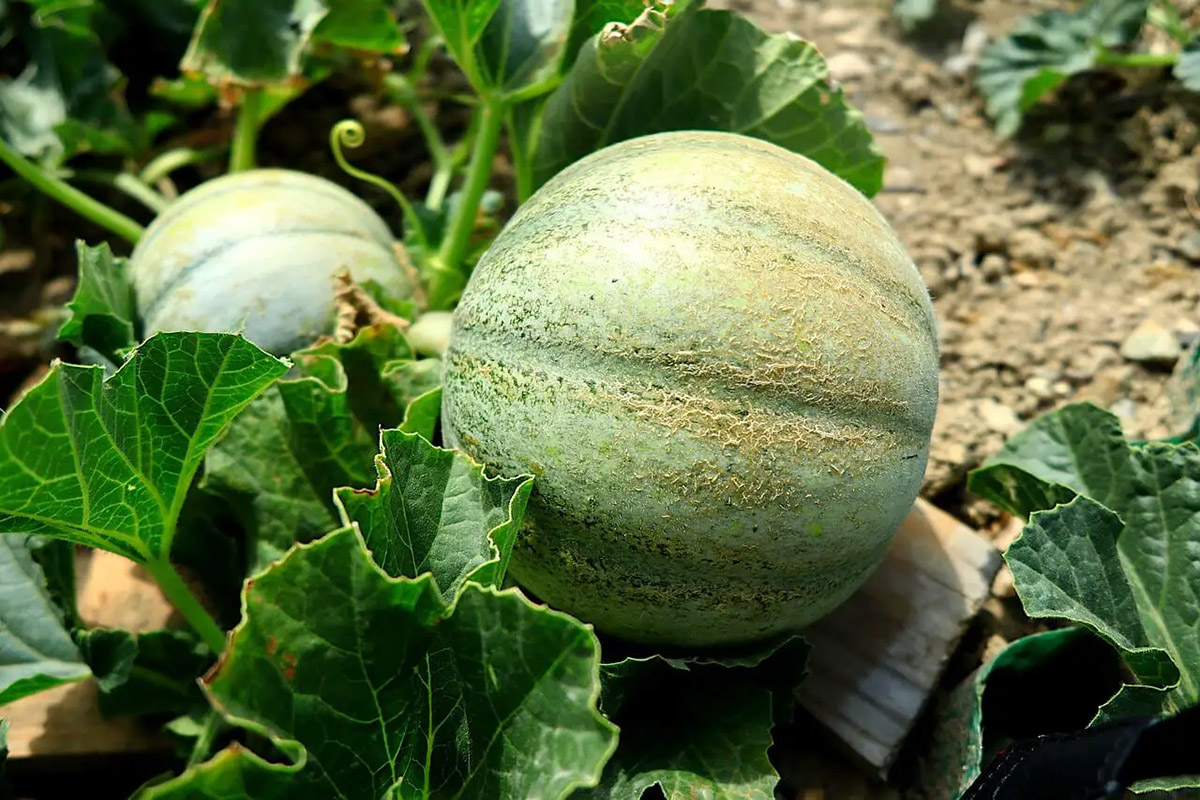

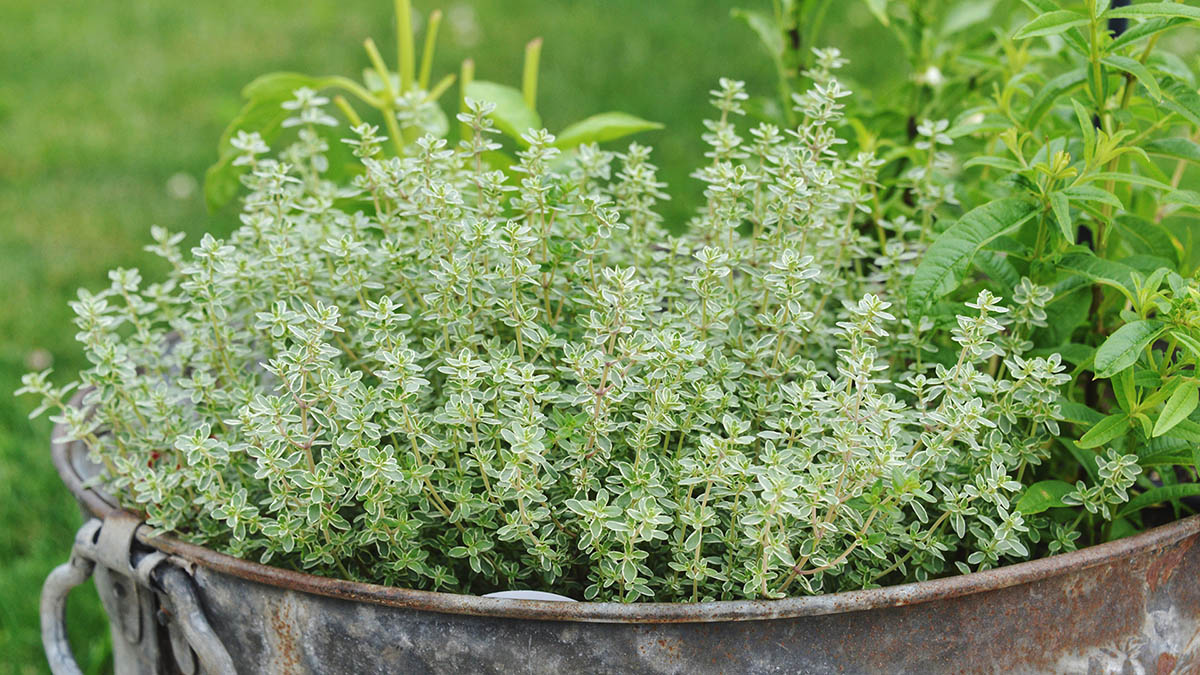
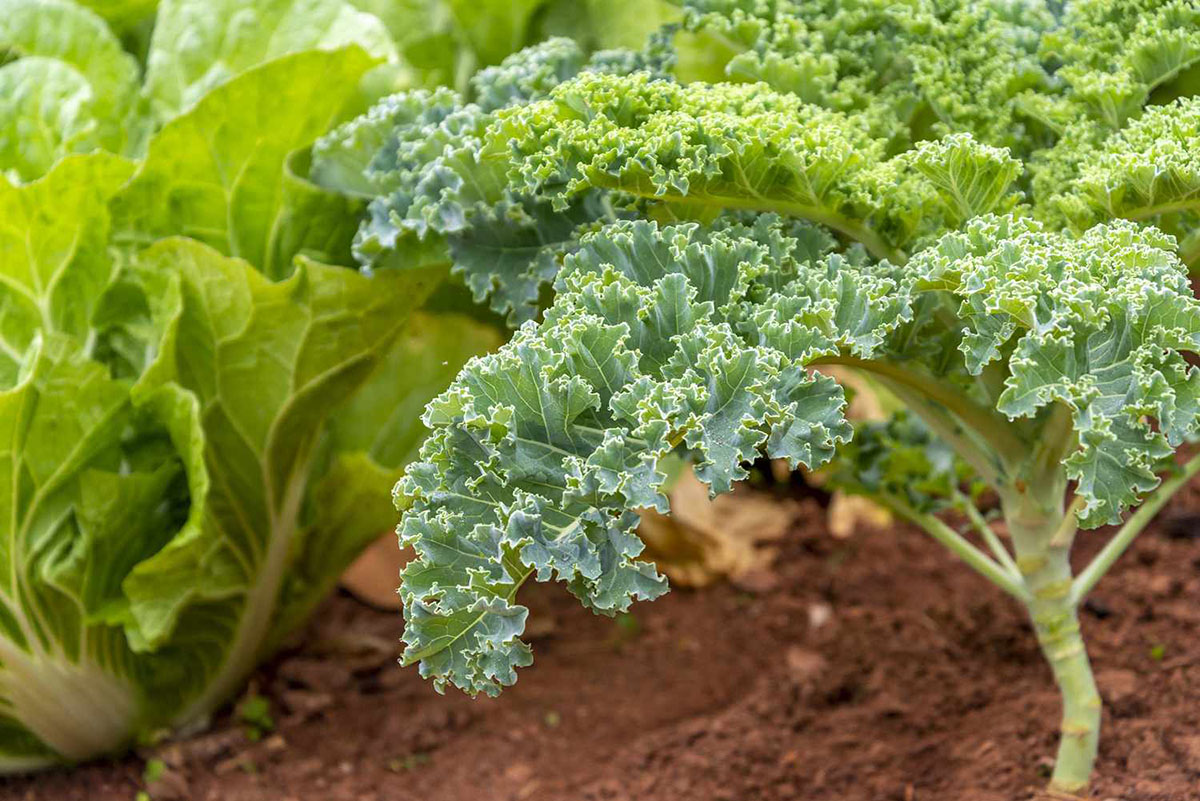

0 thoughts on “How Long Does Garlic Chives Take To Germinate”